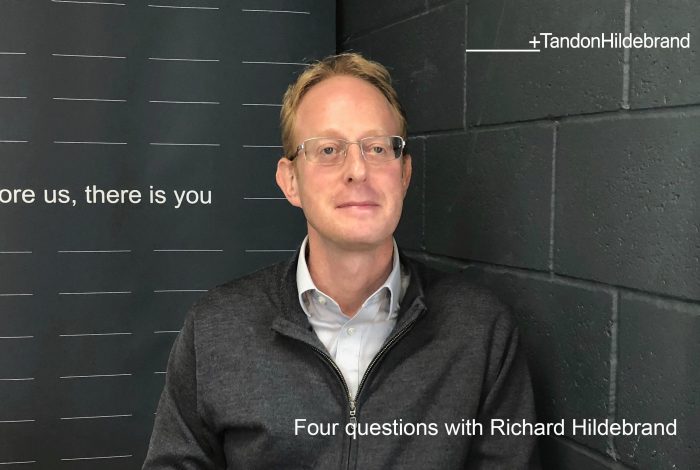
What is unique with how TandonHildebrand operates?
When we founded TandonHildebrand we wanted to tackle the legal and professional services market very differently to how it has been done before. We are the first professional services firm we are aware of that doesn’t charge by the hour. This means that we don’t record time on time sheets, we don’t have an hourly rate and we don’t charge clients based on a multiple of how long something takes times by an hourly rate. That is very different from how the law firm market has developed over the last two centuries.
If you don’t record time, how do you determine cost?
We look at the client’s objectives, how we can get to what the client wants to achieve. We base our fee on the value to the client, rather than the time it takes to do something. When we are asked to do something by a client, we first analyse together with the client what is needed, we then use our experience to determine the value of that piece of work to the client, and then we give the client a price. Once set, that price is fixed, and it will not change unless in very unforeseen circumstances.
Hang on, isn’t that just fixed fees?
All law firms offer fixed fees. This is common practice and has been around for a long time. However, there is a big difference between “fixed fees” and what we are doing, which is providing a fee that is fixed. They might sound identical but they are very different. Fixed fees tend to be reverse engineered; somebody will think about how long something will take them and then they times that by whatever their charging rate is, thus coming up with a number. They will still be recording time and when their time sheet shows that they have actually incurred more time than the fixed fees, problems ensue. These are problems internally for the lawyer and for the law firm. The lawyer will inevitably go back to the client and try to renegotiate the fee. That is not what we do at TandonHildebrand. We fix our fee and we stick with it.
How does this benefit me as a client?
When a piece of work is started, the client has certainty as to how much it is going to cost, which obviously is very helpful from a budgetary perspective. Also, there’s no need for an awkward conversation at any point during the transaction where a new fee negotiation has to happen, which is always very unpalatable for both parties and can damage the relationship. If you are trying to build collaborative relationships, which is exactly what we are trying to do here, that’s not a conversation you want to have.









